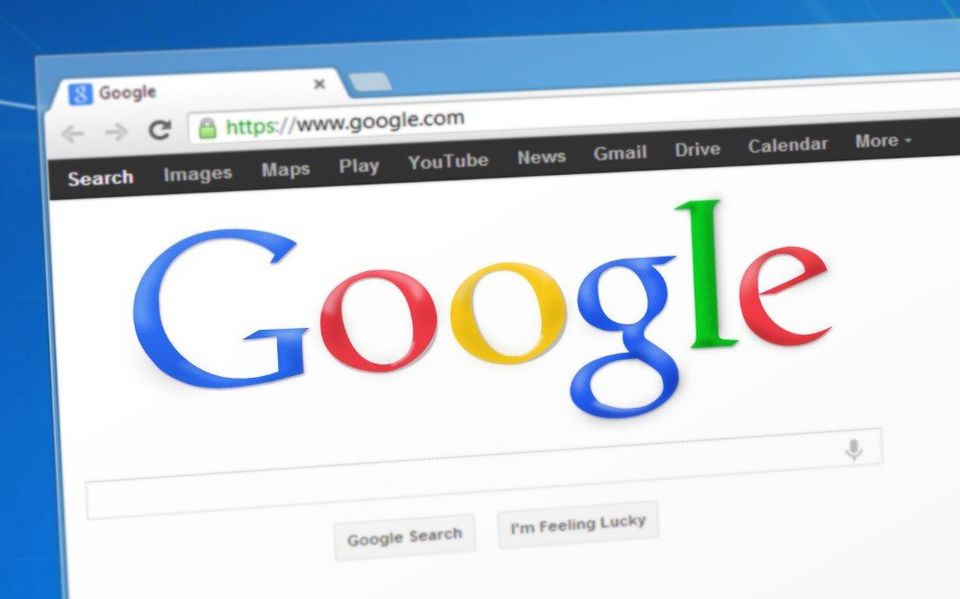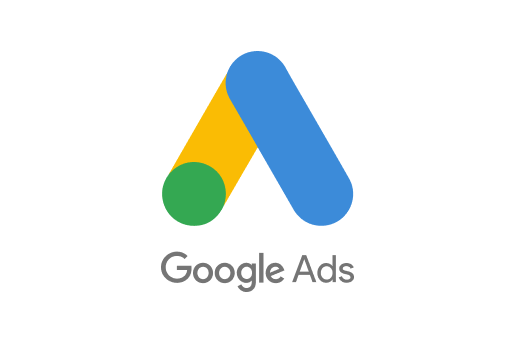Google as a Company: The Ultimate Guide
A brief history of what led to Google becoming a prominent force in the world today.
Over the past two decades, the Internet has become one of the most useful tools that business owners can take advantage of. In fact, having a strong online presence is often mandatory to keep up with your competition.
The Internet wouldn't be what it is today, though, without one company— Google. We all know the name, but not everyone knows the history of how the company grew to be one of the largest in the world.
Not sure where to start? Don't worry, we’ve got you covered.
Let's take a look at everything you need to know about the company and what it provides.
1995: How It All Started
In 1995, two Stanford University students — Sergey Brin and Larry Page — met by coincidence. At the time, Page was considering Standford as an option for graduate school.
Within a year, the two had become friends and formed a partnership with a common goal of developing a tool that could rank the importance of web pages. Since this period was still a time when the Internet was in its infamous 'Wild West' era, the students recognized that there was far too much clutter to sift through.
The name was eventually changed from Backrub to Google in reference to the mathematics term 'Googolplex'. This is the number 1 followed by 100 zeroes.
This number was used symbolically as a representation of all the internet's web pages and as a reference to Google's mission to organize them by ranking.
1998: Next Steps
After their initial development, the two founders continued working out of their dorms and doing what they could to optimize the way their search engine functioned.
Over the next three years, word got around about what Google was, how it worked, and who was behind it all. Since Brin and Page were filling a void in a way that saw no competition, they caught the eye of many Silicon Valley investors.
Toward the end of 1998, Andy Bechtolsheim (co-founder of Sun Microsystems) gave Brin and Page a check for $100,000. This money was used to make the search engine an official company, and Google Inc. was the result.
Shortly afterward, the pair relocated to Menlo Park, California and made the garage of a suburban home their first office. The owner of the home was Susan Wojcicki, who is currently both a Google employee and the CEO of YouTube.
As time went on, the team rapidly grew to include engineers, sales employees, and other workers in order to ensure the company could function as efficiently as possible as it continued to scale outward.
2002: Striking Gold
Google was already proving to be a success, and it had experienced rapid growth since relocating to California. During this year, it completed the development and introduction of its AdWords service, which served as a third-party platform for pay-per-click advertising.
This marked a pivotal moment in digital marketing and is something many companies quickly took advantage of.
Over the next few years, the company also released a handful of its hallmark services, such as Google Maps, Google Earth, Gmail, and Google AdSense.
This time period served to further establish google as a dominant force in the tech industry as well as a company that stood apart from Yahoo!, which was one of Google's main competitors at the time.
Interestingly enough, Yahoo! sought to acquire Google in 2002, but Google's founders rejected their offer.
2007 and Onward
Fortunate Magazine named Google the 'number-one company to work for' in 2007, pushing it further into the spotlight. Over the past 13 years, it continued to introduce game-changing products, such as Google Chrome and Google Voice.
Although the search engine giant acquired YouTube in 2006, it's grown to be the world's largest video-hosting network and serves as a platform for some of the most recognizable brands in the entire world.
Today, Google continually strives to optimize its existing products, create new ones, and come up with innovative ideas that will benefit its user base as a whole.
Company Policy + Societal Impact
Google is renowned for its personal mantra 'don't be evil,' which was its unofficial motto until 2018. Although the phrase was officially removed from its code of conduct during this year, no other part of this document has been changed since.
Regardless of its presence within the document, Google has continually sought to do the right thing when it comes to company ethics. This includes how products are sold and offered, how employees are treated, and how global issues are recognized.
Put simply, Google is willing to forego short-term gains if it means that a more positive impact can be made on the world.
Google's products have effectively changed the way that the world communicates with one another. For example, Google Drive allows multi-user access to important documents, while Google Translate can help bridge the gap between different languages.
On top of everything else, the company has made the Internet's information easily accessible to all of its users. In fact, it's likely difficult for many people who are used to the search engine's services to imagine a world without it.
How Google Works Can Seem Complicated
Google may seem like a complex company, but it doesn't have to be!
With the above information about Google in mind, you'll be well on your way to understanding where it came from, the impact it's made on the world, and how its service can benefit you.
Want to learn more about how we can help? Feel free to get in touch with us today to see what we can do.









